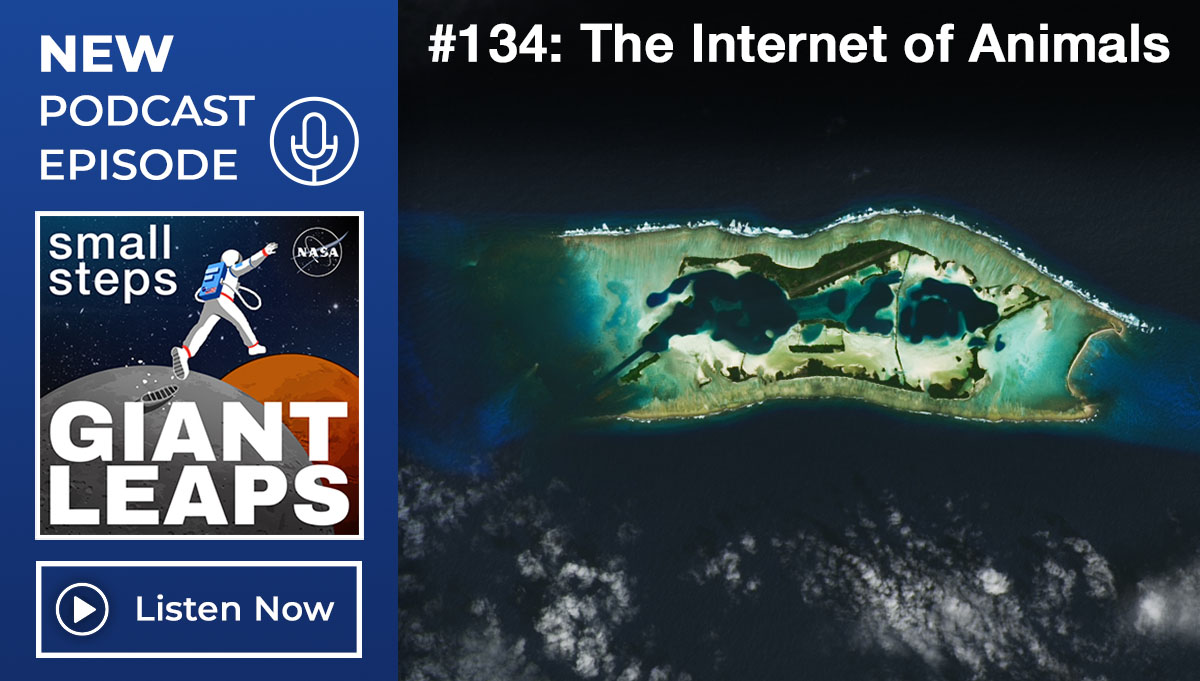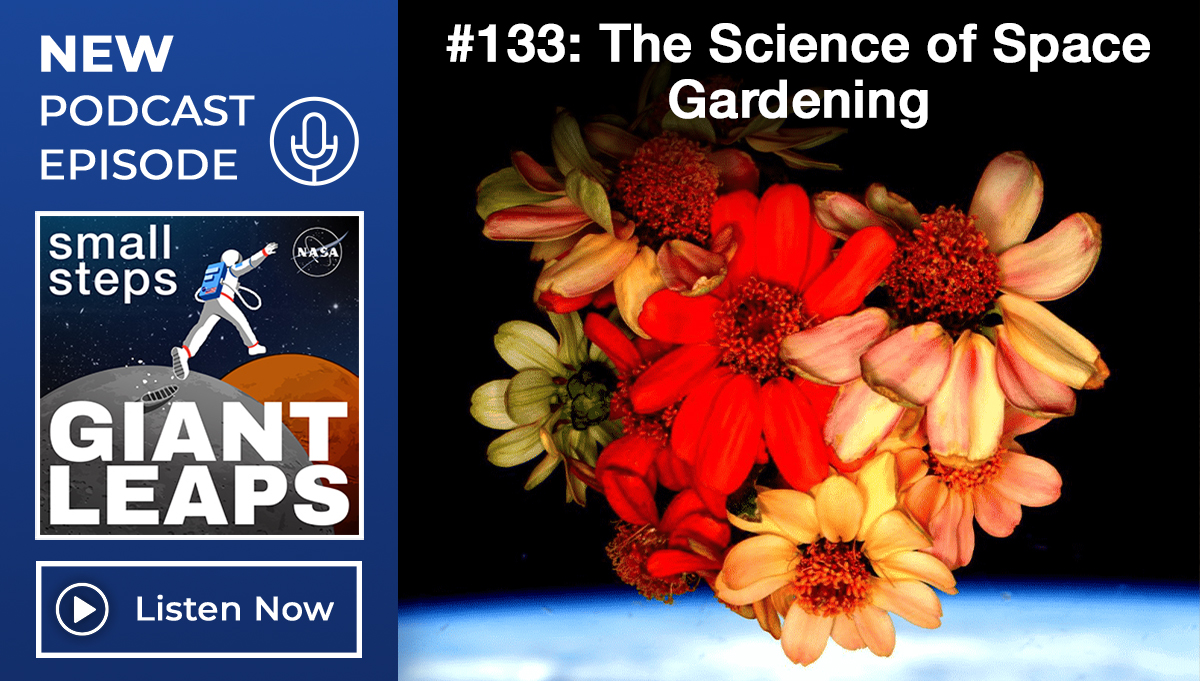By Laurence Prusak
 When I was twelve or so I fell in love with science fiction. It was a short but intense love affair lasting about three years, but its consequences are still very much alive within me. I was brought back to this early passion recently by reading some of the many obituaries for Arthur C. Clarke, certainly one of the mainstays of my science fiction reading agenda, and also the one author among the many that I read who had, and will continue to have, a lasting effect on our collective imaginations. Let me elaborate a bit.
When I was twelve or so I fell in love with science fiction. It was a short but intense love affair lasting about three years, but its consequences are still very much alive within me. I was brought back to this early passion recently by reading some of the many obituaries for Arthur C. Clarke, certainly one of the mainstays of my science fiction reading agenda, and also the one author among the many that I read who had, and will continue to have, a lasting effect on our collective imaginations. Let me elaborate a bit.
It is now established that there was a “golden age” of science fiction that lasted from the years of the early cold-war period to, ironically, the launching of Sputnik and the creation of NASA. This period saw the transition of the genre from a mainly lowbrow fixation on “bems” (bug-eyed monsters to all you non-aficionados), published in rags such as Weird Tales, to stories of real sophistication and philosophical impact. This was the glory period of Isaac Asimov, Robert Heinlein, Theodore Sturgeon, and many others who wrote for Galaxy and began to publish their books with more mainstream publishers.
Their wide-ranging influence was facilitated by the arrival of the paperback book—cheap editions, often with elegant covers, that brought to the masses (and the young) the works of these wonderful writers, including the last them to die—at 90: Arthur C. Clarke.
Fifty years after the fact I can still recall the pleasure and stimulation (are they different phenomena?) I received when for a mere quarter I could buy a spanking new edition of Clarke’sChildhood’s End—a book still very much worth reading. I was not alone in this love. I had several friends who were equally transfixed. We even went to conferences in New York devoted to science fiction. We were real fans. The science fiction fandom, along with the writers and publishers, formed a community of interest—sort of an early blogging community without the technology. And this brings me to the major point I want to stress.
What was being created, absorbed, and disseminated in those golden days was an overall narrative consisting of many stories that revolved around the belief that science and technology were not only inherently fascinating but would one day bring spectacular changes in all the ways we live, work, and think. Some of the specific developments they imagined have come about. Clarke himself was the first to describe the possibility of communication satellites in geosynchronous orbits—the basis of global communication that we almost take for granted today. Some developments they missed entirely: no one predicted the small, ubiquitous computers that are such an integral part of contemporary life. Some of their imaginings—bubble-covered cities, high-speed moving sidewalks, robots indistinguishable from humans—are still in the realm of science fiction. But underlying all those particular stories was the narrative of technological transformation.
Clarke formulated three laws of prediction that expressed his belief in the almost unlimited potential for technological innovation:
- When a distinguished but elderly scientist states that something is possible, he is almost certainly right. When he states that something is impossible, he is very probably wrong.
- The only way of discovering the limits of the possible is to venture a little way past them into the impossible.
- Any sufficiently advanced technology is indistinguishable from magic.
Even in retrospect we can’t measure the impact of this narrative in any exact way. Yet I think we’d all agree that this belief had a huge influence on my life, yours, and many other lives, including people of power who have acted on these beliefs in the policy arena. Some of you may have come to work for NASA or other aerospace organizations in part because science fiction inspired a love of space flight and space exploration. The Apollo astronauts’ landings on the moon and NASA’s robotic exploration of other planets in the solar system are realizations of dreams dreamt by those science fiction writers. The impact of stories can be more wide-ranging than their authors imagine. Those cheap paperbacks had far more influence than many hardcover books that climbed the best-seller lists of those years and many weighty tomes of academic research and opinion.
My love affair ended as abruptly as it began. I began to read what I was led to believe was more “serious” literature and began to take a strong interest in history and the more human of the social sciences. Reading science fiction would have been considered “uncool” among my college and grad school friends, to say nothing of those professors whom we looked up to as role models. I can see now how much fluctuating fashion plays a role in what ideas get taken up and how ideas and the narratives that carry them along are subject to all sorts of forces that have little to do with their intrinsic merits. All those wonderful scifi authors from the golden age surely have the last laugh as we live at least some aspects of the life they foresaw—ome of the wonders they described and some of the evils they warned us about. How wonderful that at least Clarke lived long enough to see it happen.






